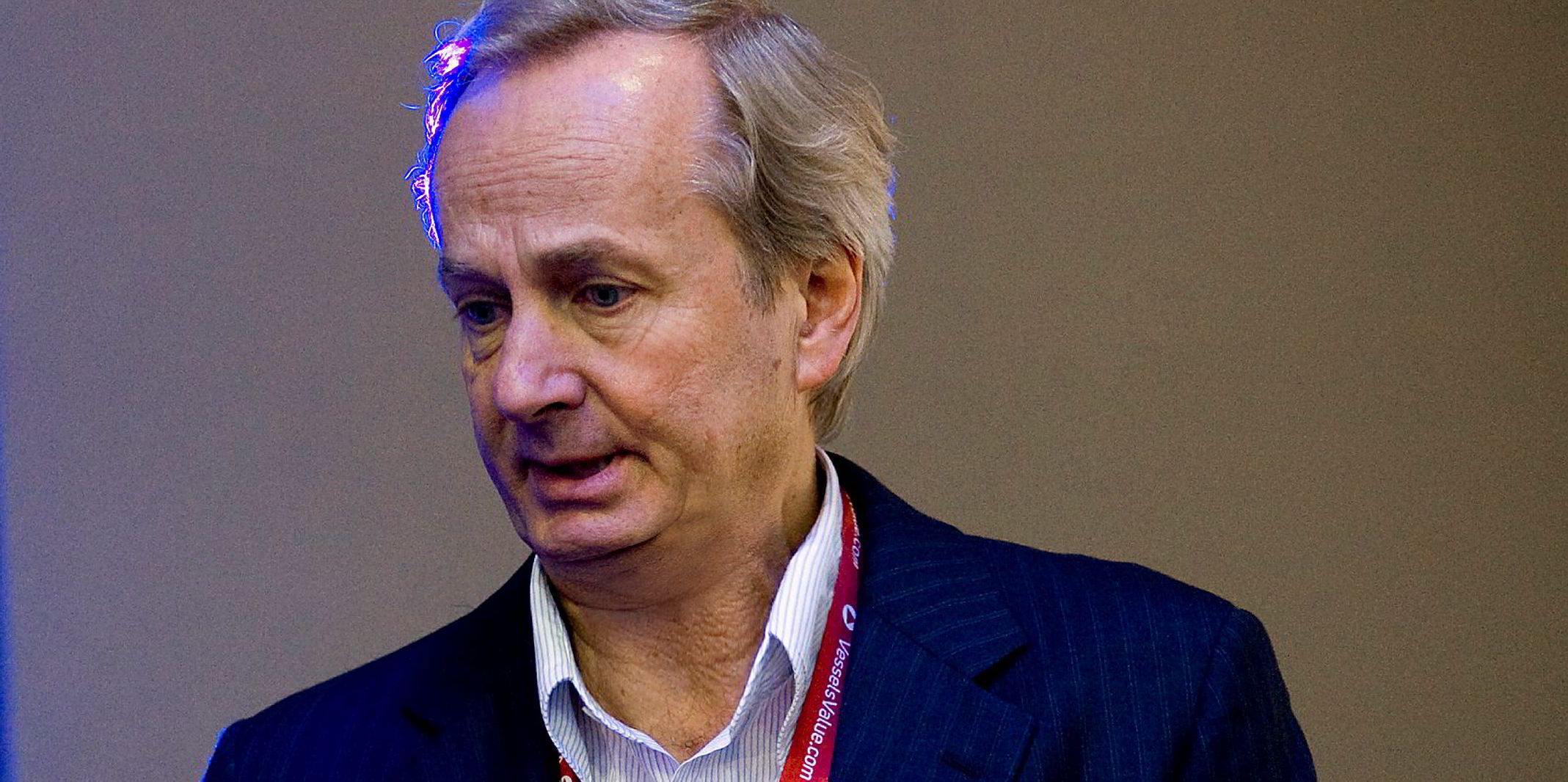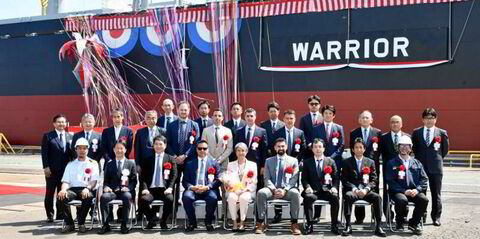George Economou’s ever-shifting ownership stake in New York-listed DryShips has become one plank of the latest civil complaint filed by shareholders alleging securities fraud in US federal court.
Economou dramatically cut his ownership in company stock to avoid taking a personal hit in the massive dilution scheme he helped perpetrate against outside shareholders, according to an amended complaint filed last week in US District Court for the Eastern District of New York.
The Greek shipowner then re-inflated his stake once general shareholders had lost 99.9% of their equity value, plaintiffs have claimed.
By that time, DryShips had reaped some $700m in proceeds from stock sales in cooperation with financial firm Kalani Investments between June 2016 and August 2017, the complaint alleges.
Economou and DryShips have not yet formally responded to the shareholder class-action lawsuit. However, Economou has said he did nothing wrong in the Kalani episode and merely took steps to keep the public company alive in a distressed market.
DryShips attorney Bruce Paulsen, a partner in the New York law firm Seward & Kissel, would not address specifics of the shareholding allegations this week.
"Even as amended, we continue to believe that the complaint has no merit," he said.
Plaintiffs claim Economou and DryShips helped disguise Kalani’s purported role as an underwriter during the series of equity sales, which were carried out in conjunction with a succession of reverse-stock splits.
Their alleged failure to timely report Kalani’s true role disguised it as a disinterested third-party financial investor taking a stake in the listed company, claim plaintiffs led by Herbert Silverberg.
“Economou’s ownership of DryShips common shares dwindled to less than 1%, effectively insulating himself from the price dilution resulting from defendants’ scheme, only to recoup control over the company after the scheme was forced to end,” the complaint states.
Plaintiffs have filed within the complaint a chart showing the movement in Economou’s shares percentage.
From a starting point of 17.6% of the company in March 2016, before the Kalani relationship started, Economou’s holding was diluted to only 10 shares or well under 1% of all stock, the complaint alleges.
Then on 27 February 2017, DryShips announced it was instituting a quarterly dividend with a first grant of $2.5m.
“To take advantage of the new dividend policy and the newly acquired wealth of the company, Economou ultimately returned ownership to himself and recouped a majority interest in DryShips’ common stock in a cashless transaction ostensibly valued at $100m, announced on August 11, 2017, after having made the company much wealthier while existing shareholders’ holdings were effectively worthless,” the complaint states.
The no-cash transaction came shortly before DryShips also disclosed it had received a subpoena from the US Securities and Exchange Commission in relation to the Kalani matter.
Plaintiffs argue that it was receipt of the SEC subpoena that caused Economou to draw the Kalani relationship to a close with more capacity still available on the existing shares-sale authorisation.
Economou never lost voting control of DryShips because he held so-called “super-voting” Class D shares throughout the period. These were among the assets exchanged in the cashless $100m deal, along with Economou’s personal 49% stake in US-based pools operator Heidmar Inc.
Economou also agreed to a $100m rights offering under which he purchased $99.2m-worth of the stock and outside shareholders only about $800,000. This gave him further concentration of common shares, reported to be 69.2% of DryShips’ stock in October 2017.
As TradeWinds has reported, Economou’s percentage stake has gradually crept upward to the most-recent reporting of 76.2% as of 19 September. This comes as DryShips continues to repurchase shares in the open market.
The stake is believed to be Economou’s highest since he took DryShips public in 2005.
With three-quarters of the company, Economou is also entitled to three-quarters of the shareholder dividend, the complaint notes.
Funds from the Kalani sales not only allowed DryShips to survive the dry-bulk crisis, but emerge as a diversified owner with more than 30 vessels.
It was the top performer among US shipping stocks in equity gains over the first six months of 2018, according to investment bank Stifel.





